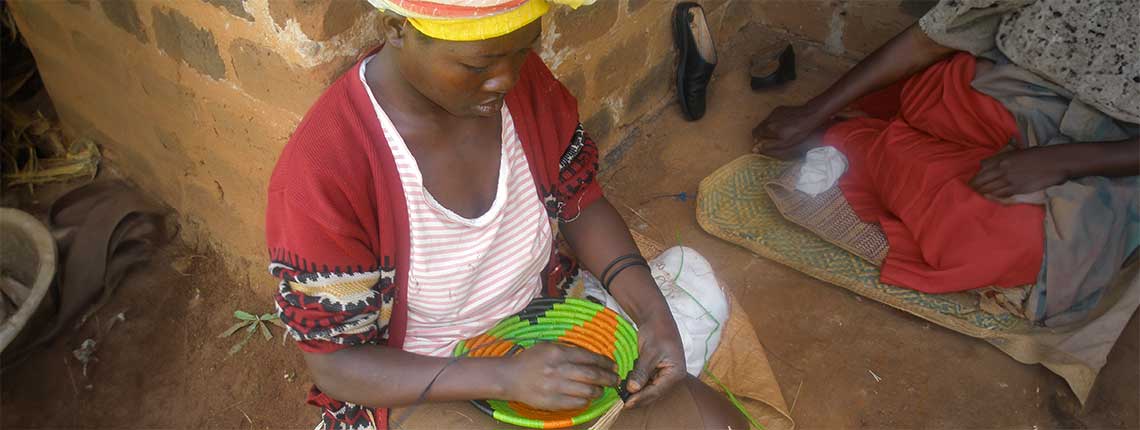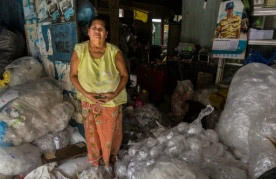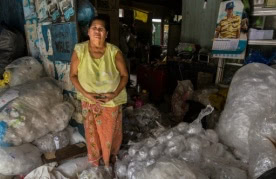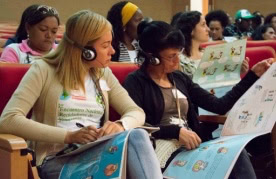Recent Posts
By Leslie Vryenhoek
In a Nairobi slum, the women of Bega kwa Bega are checking linens—table runners, decorative cushion covers and an ingenious pan carrier—and then packaging the pieces. A buyer from Italy is coming to collect the 400-piece shipment in two days and the women must ensure each item meets the demanding standards of this customer. The order behind this flurry of activity is worth 305,000 Kenyan shillings for the women in the self-help group who made the products.
Informality is often defined as the failure to pay taxes due. And informality so defined is seen as a key challenge for the revenue systems of developing countries: so much so that “reducing informality” is often a central objective of tax reforms. The standard targets of such reforms are those engaged in the informal economy: that is, the self-employed in unincorporated enterprises and wage employed in unprotected jobs.
The poor face many challenges in accessing health services.
Las personas pobres enfrentan grandes desafíos para acceder a los servicios de salud. Sin embargo, las trabajadoras y trabajadores en condiciones de pobreza, especialmente quienes laboran en empleo informal, “tienen dificultades específicas de acceso debido a la naturaleza de su trabajo y los lugares donde lo desarrollan, y pueden necesitar tanto servicios de salud ocupacional, como de salud general”, como argumenta Laura Alfers, Directora adjunta del programa Protección social de WIEGO.







